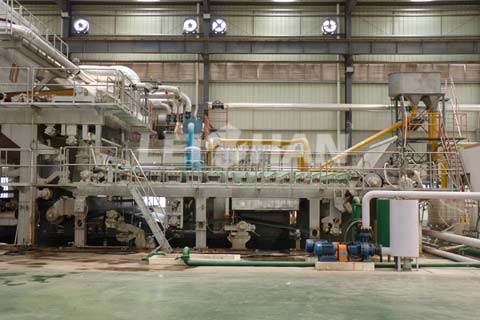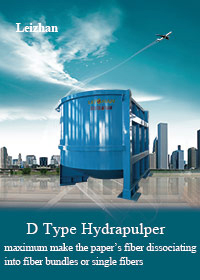Pulp Bleaching In Paper Industry

Bleaching of pulp is a purification process to decrease the color of the pulp, or make the colored substances lose their ability of light absorbing, so that it becomes whiter. The other effect of pulp bleaching is to decrease the solid contaminants, which isn’t be separated out.
Bleaching Of Pulp
Bleaching mechanical pulps: Most of the lignin retained in the mechanical pulp, so bleaching mechanical pulp is for removing the chromophores (color-causing groups), because the structures responsible for color are more susceptible to oxidation or reduction.
Bleaching of recycled pulp: Use the hydrogen peroxide and sodium dithionite to increase deinked pulp brightess. The bleaching process is similar to mechanical pulp, and the purpose is to make the fibers brighter.
Bleaching chemical pulps: Chemical pulps contains much less lignin in the pulp, so the aims of bleaching chemical pulps is to remove all the remianed residual lignin.
Pulp Bleaching Agents
The main pulp bleaching agents are chlorine, chlorine dioxide, hypochlorite, peroxide, chlorite, oxygen and ozone.




